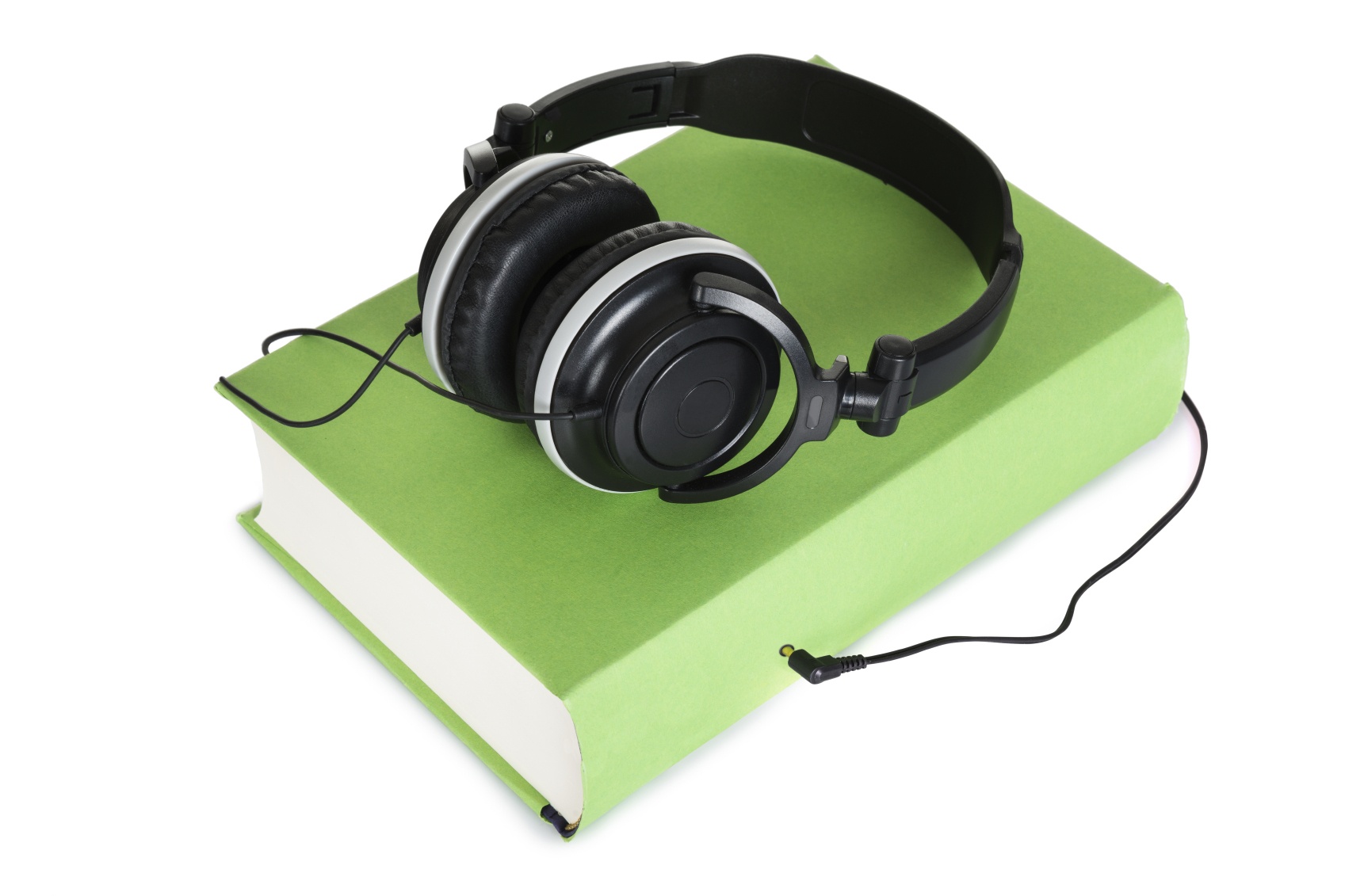
We’ve gotten a lot of positive feedback from customers who decided to make their daily commute more productive with The ONE Thing audiobook. Books on tape, as they were called back in the day, have long been a popular way to pass the time on a long drive. If you’re going to be stuck in traffic you may as well get some benefit out of it.
But what if you could make listening to an audiobook even more beneficial?
Very few people have the ability to recall information exactly the way they hear it. In fact, only 56 people are confirmed to have what’s called highly superior autobiographical memory (HSAM) – the ability to recall accurate details of activities and events that have happened over their lifetime. Everyone else has to learn the old fashioned way.
The National Training Laboratories’ “learning pyramid” cites audiovisuals as a good way to begin learning concepts, but the retention rate hovers around 20 percent, not to mention it’s hard to peruse some audiovisuals while using your audiobook in some instances. However, many scholars have debated the accuracy of the learning pyramid, and note that how much information is retained depends on a wide variety of variables.
Many things influence how much information you retain while listening, whether it’s an audiobook or a classroom lecture. You can maximize your retention rate and memory retrieval by improving your listening skills.
Tips That Will Improve Your Listening Skills
In general, virtually everyone has room for improvement when it comes to listening. It’s a communication skill that we often take for granted and don’t use to its full potential.
A large-scale study at the University of Minnesota found that college students and business professionals were able to recall about 50 percent of what they heard right after a short lecture. Additional studies conducted at Michigan State University and Florida State University have shown that after a few months information retention drops to about 25 percent. However, most of the information loss happens in the first eight hours.
Listening isn’t taught extensively in school like reading. So use tips to help remember more of what you heard and retain more of the information over the long-term.
Listening Tip #1 – Understand That Training is the Key
The listening gap starts with the misconception that it’s a skill based on intelligence. In fact, studies have shown that intelligence plays a much smaller role in effective listening than most people realize. Whether a person is trained to listen properly is what makes a difference. Rest assured if you train you can retain!
Listening Tip #2 – Minimize Distractions
It’s easy to get distracted while listening, especially if you’re driving. The more you can minimize distractions the more successful you’ll be. For many of us, the best thing we can do while listening to an audiobook is to turn our phones off.
Listening Tip #3 – Don’t Get Sidetracked With Your Own Thoughts
Our brains work much faster than a person talks. Because of this, our brain can process what is being heard and still has spare time for other thoughts. Usually, people fill that spare time with thoughts that aren’t related to what’s being said.
It’s a habit that forms subconsciously and can cause us to miss vital pieces of information. In order to capture more of what’s being said people have to learn to use their spare mental time wisely.
To do this, use your extra mental capacity to think about what will be said next and what the conclusion will be. Another trick is to contemplate the facts and weigh the evidence of what’s being said. Summarizing what’s been said so far at various points in the conversation is also beneficial.
Listening Tip #3 – “Listen Between the Lines”
An effective way to increase concentration and internalize more of what’s being said is to “listen between the lines”. Think about the meaning behind what is being said as well as what’s not spoken. With an audiobook you can’t pick up additional information with body language, but you can factor in non-verbal communication such as tone.
Listening Tip #4 – Don’t Try to Memorize While Listening
Many people make the mistake of thinking they need to memorize every fact they hear. The problem is you get bogged down in individual pieces of information and miss the broad concept when you exert too much effort concentrating on moving from fact to fact. Focus your energy on grasping the idea that the facts support rather than little bits of information.
Listening Tip #5 – Keep an Open Mind
Our emotions have a way of altering our ability to effectively listen. It’s a case of hearing what we want to hear. If we don’t agree with what’s being said our minds are tempted to shut off and begin creating arguments or mental roadblocks that don’t allow information through. Try to keep an open mind and hear the speaker out before making a final judgment.
Listening Tip #6 – Write a Follow Up Summary
Shortly after listening to a portion of an audiobook write up a summary of what you remember hearing. Writing down the ideas that you learned helps activate the portion of the brain that manages spatial relationships. This helps the brain filter out the unnecessary auditory information so that core facts and ideas stick. In essence you are evaluating and putting order to the information you heard.
The Importance of Sharing What You Learn
The final piece of the information retention puzzle is to share what you learn. Engage in two-way communication that allows you to reflect on what you’ve learned. This helps you not just remember the information but better understand it.
We make it easy to share the concepts of The ONE Thing with helpful resources like the Discussion Guide and visual graphs that can be shared with others. Download them today to retain more of what you hear during your next drive.
